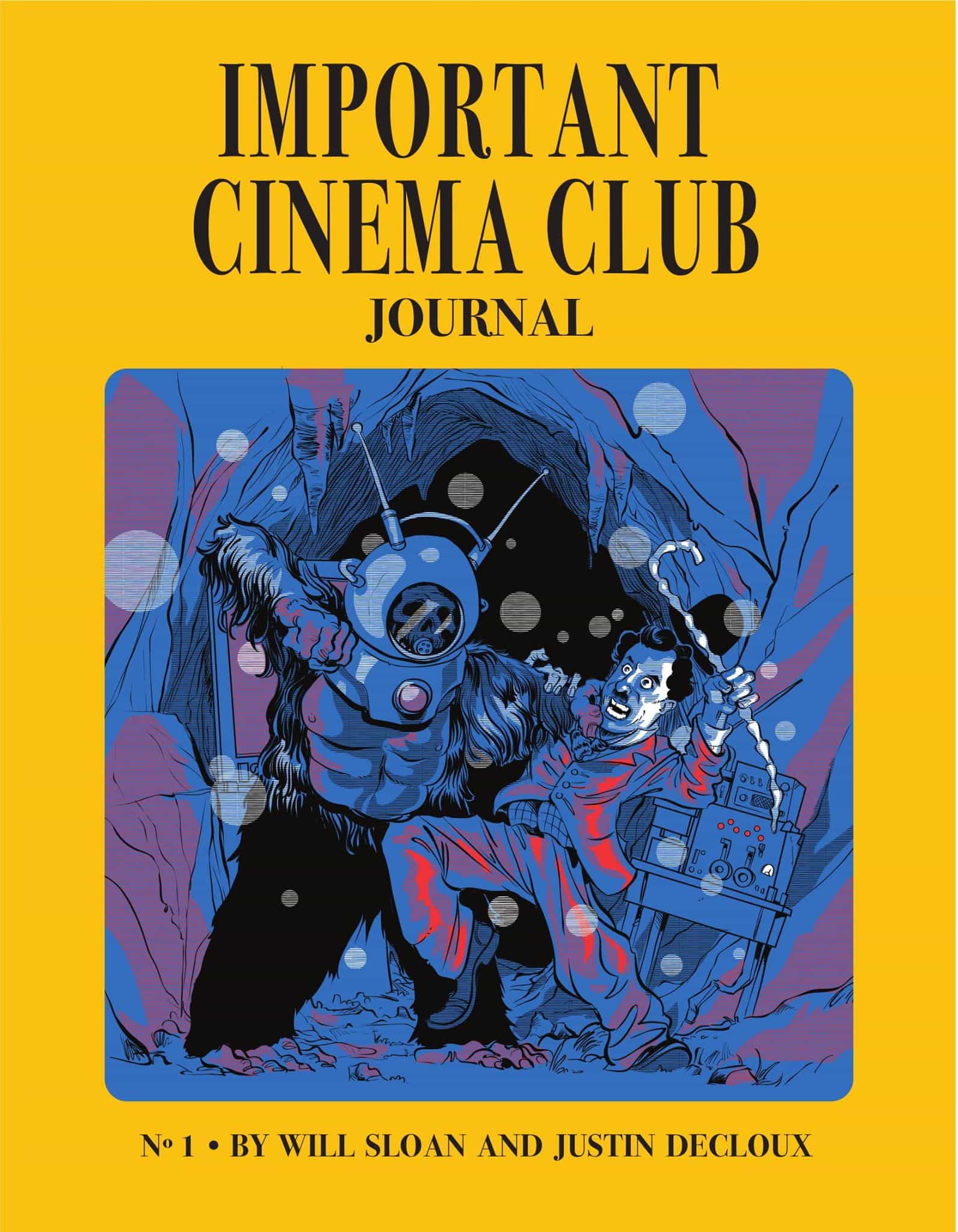Gather round, drink an extra shot of espresso and get ready to talk about the Grandpa of European Art Film. Justin and Will are joined by Ingmar Bergman ‘expert’ Dan Berube as they talk about the grumpy director’s career, discuss the classic The Seventh Seal and the terrible The Serpent’s Egg, and recommend some good Bergman starter films. Look, we have to talk about this eventually, so lets get it over with.
Listen to the podcasts here:
Subscribe to The Important Cinema Club Podcast via Email
Subscribe to The Important Cinema Club Podcast on iTunes
Subscribe to The Important Cinema Club Podcast on SoundCloud
After his brother inexplicably commits suicide, unemployed Jewish-American circus performer Abel Rosenberg (David Carradine) is stuck in Berlin with his sister-in-law, Manuela (Liv Ullmann), a cabaret singer. Desperate circumstances lead to the pair taking jobs at a medical facility run by Professor Hans Vergerus (Heinz Bennent), who also offers to give them shelter. However, the clinic turns out be a very sinister place, and soon the lives of Abel and Manuela are in serious jeopardy.





